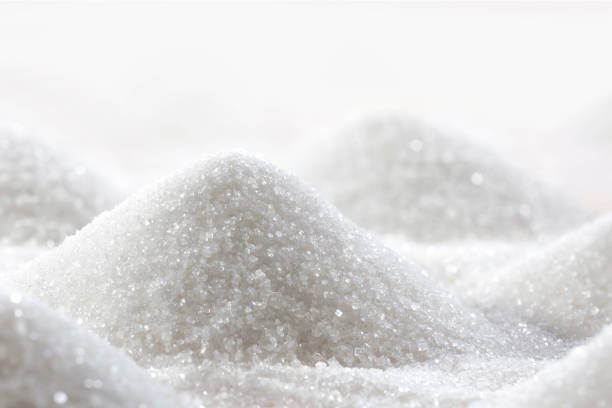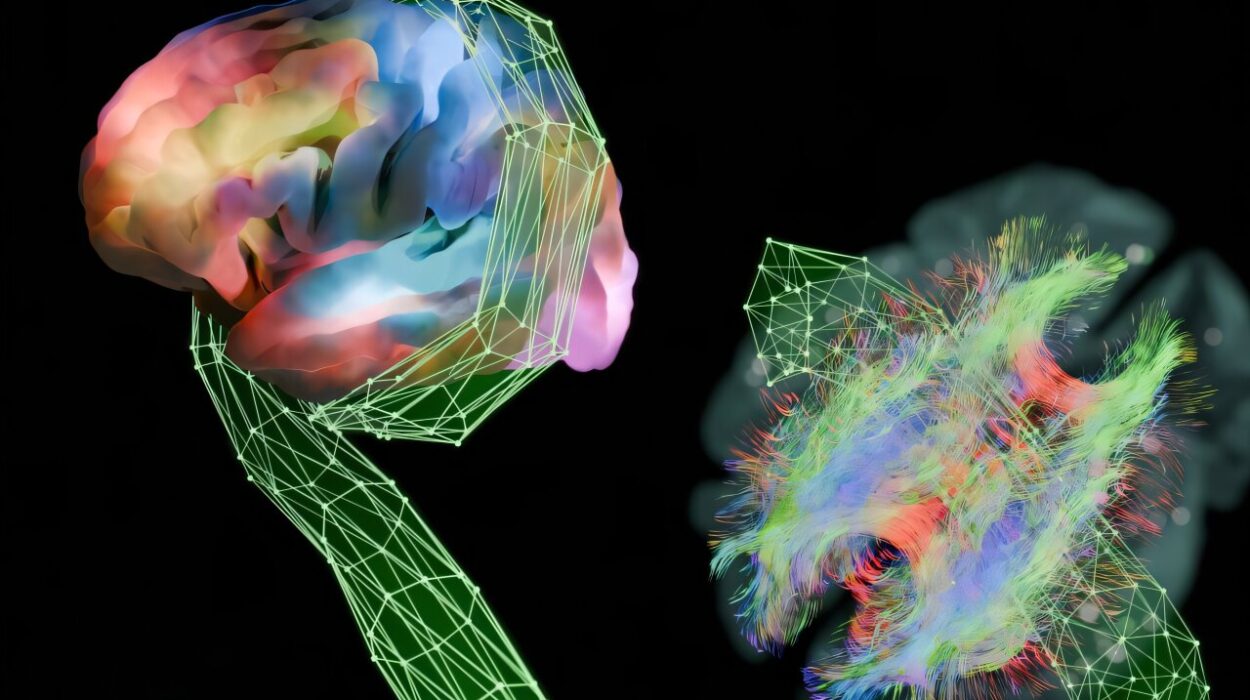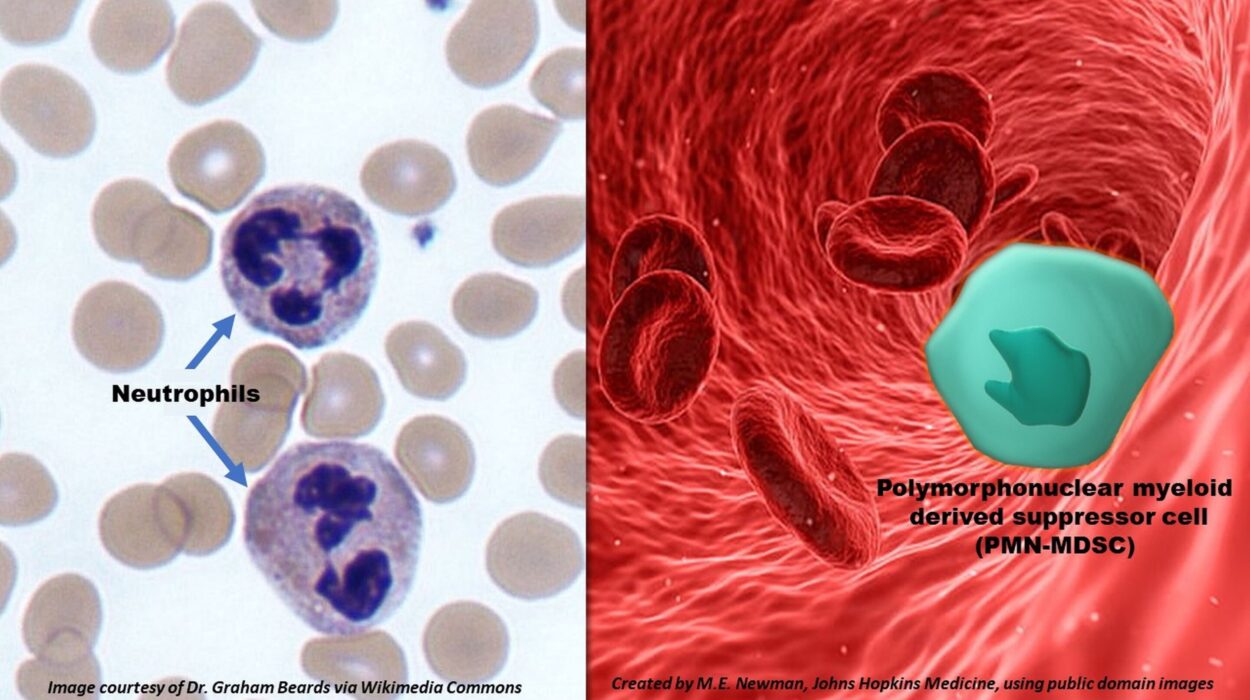Sugar is everywhere. It’s in your morning cereal, your afternoon soda, your “healthy” yogurt, and even in your ketchup. It hides behind names like dextrose, fructose, maltose, and corn syrup. For something so small and sweet, sugar has a massive influence over our brains, bodies, and lives. But what really happens when you finally decide to break up with sugar? The answer isn’t just about weight loss. It’s a complete transformation, a journey that takes your body through detox, recalibration, renewal, and ultimately freedom.
If you’ve ever wondered what would happen if you quit sugar—completely—this is your story.
The First 24 to 48 Hours: The Shockwave Begins
The moment you stop eating sugar, your body reacts swiftly. Think of sugar like a drug. For years, you’ve trained your brain to light up with every sweet treat. Those cookies after dinner? A serotonin and dopamine spike. That energy drink at 3 PM? An artificial fuel injection. So when the sugar disappears, your brain and body panic.
During the first day or two without sugar, your blood glucose levels begin to normalize. Your pancreas breathes a sigh of relief as insulin production tapers. But as your brain starts missing those sugary hits, withdrawal symptoms creep in.
You may feel irritable, fatigued, or anxious. Headaches are common. Your body, especially if it’s used to regular sugar highs, may feel like it’s crashing. It’s like pulling the plug on a faulty power grid—things start to flicker and sputter before rebooting.
This is the most uncomfortable part of quitting sugar, and many people give up here. But what follows is where the magic begins.
Day 3 to Day 7: Cravings, Mood Swings, and the Great Reset
By day three, your body is still adjusting to the lack of fast-burning glucose. Without its go-to fuel source, your body starts hunting for alternatives. Fat becomes a potential new friend.
But in the meantime, your brain is throwing tantrums. You may experience intense sugar cravings, especially after meals. You might even dream about donuts. Your mood can swing wildly—happiness one moment, frustration the next. You may feel unusually tired or have difficulty concentrating.
These are withdrawal symptoms, and they’re very real. The brain’s reward system, especially the dopamine pathways, are used to being activated by sugar. Without that activation, you’re in a kind of emotional limbo.
And then… things begin to shift.
Week 2: A New Energy Emerges
Something unexpected happens around the second week. The fog starts to lift.
You begin waking up with more energy. Your blood sugar levels are more stable, meaning fewer mid-afternoon crashes or post-meal slumps. Your digestion improves, as your gut microbiome starts to balance itself without the overload of refined sugar feeding harmful bacteria.
Even your taste buds start to change. Fruits taste sweeter. Natural flavors in vegetables and whole grains become more pronounced. Your palate is beginning to reset.
Mood stabilizes too. That jittery, irritable feeling gives way to calm. You’re not riding the sugar rollercoaster anymore, and your body loves it.
Week 3: Hormones Start Rebalancing
Sugar plays a powerful role in hormone regulation, often disrupting everything from insulin to cortisol to estrogen. By the third week without sugar, your endocrine system starts finding its rhythm again.
If you’re a woman, your menstrual cycle may begin to feel more regular and less symptomatic. If you’re a man, you might notice increased energy, better sleep, and improved libido.
Sleep improves for both sexes. Because sugar spikes can lead to night-time awakenings and poor sleep quality, quitting sugar allows melatonin and other sleep hormones to operate more effectively.
Cortisol, the stress hormone, begins to stabilize too. Since sugar creates insulin spikes that can affect adrenal function, eliminating sugar helps reduce overall stress on the system. You start feeling calmer, even in stressful situations.
Week 4: Skin Clears and Digestion Transforms
By the one-month mark, your skin starts showing visible improvement. Acne breakouts diminish. Redness fades. Skin texture becomes smoother, and your complexion may begin to glow. Why? Because sugar is a major contributor to inflammation and glycation, a process that damages collagen and elastin. When you remove sugar, your skin gets a chance to heal and rejuvenate.
Your digestion also improves dramatically. Bloating decreases. Heartburn disappears. If you had symptoms of IBS or irregular bowel movements, they may become more balanced. The gut-brain axis begins to heal as well. The gut, often referred to as your “second brain,” thrives on fiber-rich, whole foods—not sugar. As your microbiome diversifies and strengthens, your immune system improves too.
You may also notice changes in your appetite. The insatiable hunger that used to follow sugary snacks disappears. You begin to understand what real hunger feels like. You eat until you’re satisfied, not stuffed, and food becomes fuel—not comfort.
One Month and Beyond: The New Normal
After 30 days without sugar, your body reaches a new normal. You’re no longer reliant on external sources of energy. Your metabolism is more efficient, and fat burning increases. Weight loss may become noticeable—not just from fewer calories but from reduced inflammation and better hormonal balance.
Mental clarity improves. Your ability to focus sharpens. You may find that tasks that once felt daunting are now manageable. Anxiety reduces. Your mood becomes more stable and optimistic. Many people describe this stage as “waking up” after being asleep for years.
The long-term benefits also begin to emerge. Your risk of type 2 diabetes, heart disease, and fatty liver disease drops significantly. Your blood pressure stabilizes. Cholesterol levels improve. Your liver, no longer bombarded by fructose, begins to regenerate. Your body becomes more resilient and less prone to infections and chronic illness.
And you? You feel… free. Not chained to cravings, not enslaved by habits. You’ve broken the sugar spell.
Why It Feels So Hard to Quit Sugar
The difficulty of quitting sugar isn’t just about willpower. It’s biological.
Sugar lights up the brain’s reward centers just like addictive substances. It triggers a release of dopamine in the nucleus accumbens, the same area activated by drugs like cocaine. Over time, your brain becomes desensitized, needing more sugar to achieve the same pleasure. This leads to dependency, which explains why quitting sugar can feel like breaking an addiction—because it is.
Furthermore, sugar is socially ingrained. It’s part of celebrations, comfort foods, family traditions, and stress relief. To give it up is to confront not just a dietary habit, but a psychological and emotional one. It’s no small feat.
But the rewards? They’re enormous.
What You Gain When You Give It Up
The decision to quit sugar isn’t just about subtracting something. It’s about gaining more—more energy, more control, more health.
Your relationships with food change. You start listening to your body, recognizing true hunger and satiety. Your cravings shrink. Your body begins to heal from years of internal chaos caused by inflammation and insulin resistance.
You might lose weight, yes—but more importantly, you lose the constant battle with hunger and fatigue. Your sleep becomes restful. Your moods stabilize. Your brain sharpens. Your immune system strengthens. Your hormones re-align.
For many people, quitting sugar becomes a gateway to total transformation. It encourages better eating habits, more movement, deeper sleep, and clearer thinking. It becomes a foundation for wellness that touches every part of life.
Relapses, Setbacks, and Sustainable Success
No journey is perfect. There may be days when sugar sneaks back in. Birthdays, holidays, stressful moments—they can all lead to slip-ups. But here’s the difference: once you’ve lived without sugar and felt the difference, you recognize its effects immediately. A sugar binge doesn’t just taste too sweet—it feels wrong. You may feel tired, bloated, or moody afterward. This awareness gives you power.
Long-term success comes not from perfection but from consistency. It means planning meals, reading labels, and finding sugar-free alternatives that still bring joy. It means being kind to yourself when you slip and recommitting the next day. It means building a lifestyle, not a diet.
The Sweet Life Without Sugar
Quitting sugar doesn’t mean quitting joy. On the contrary, life becomes sweeter in ways you never imagined.
You rediscover the pleasure of real food—berries that burst with flavor, roasted vegetables caramelized to perfection, dark chocolate with a richness that satisfies. You regain control over your choices and, in doing so, over your life.
You feel more alive, more present. Your mind, no longer in a sugar-induced fog, becomes a place of clarity and creativity. You start to thrive—not just survive.
You smile more. You sleep better. You love deeper. You dance without needing caffeine. You play without needing dessert.
This isn’t a punishment. It’s a return to what your body was always meant to be.
Final Thoughts: Breaking Up Is Hard, But Worth It
Quitting sugar is one of the most radical and rewarding acts of self-care you can do. It’s not easy. You’ll face withdrawal, cravings, and even moments of self-doubt. But if you push through the first few weeks, your body will thank you in ways that words can’t describe.
You’ll gain clarity—physical, mental, emotional. You’ll feel better, look better, and live better.
So if you’re on the fence about quitting sugar, consider this: what if the sweetest life is the one without it?






